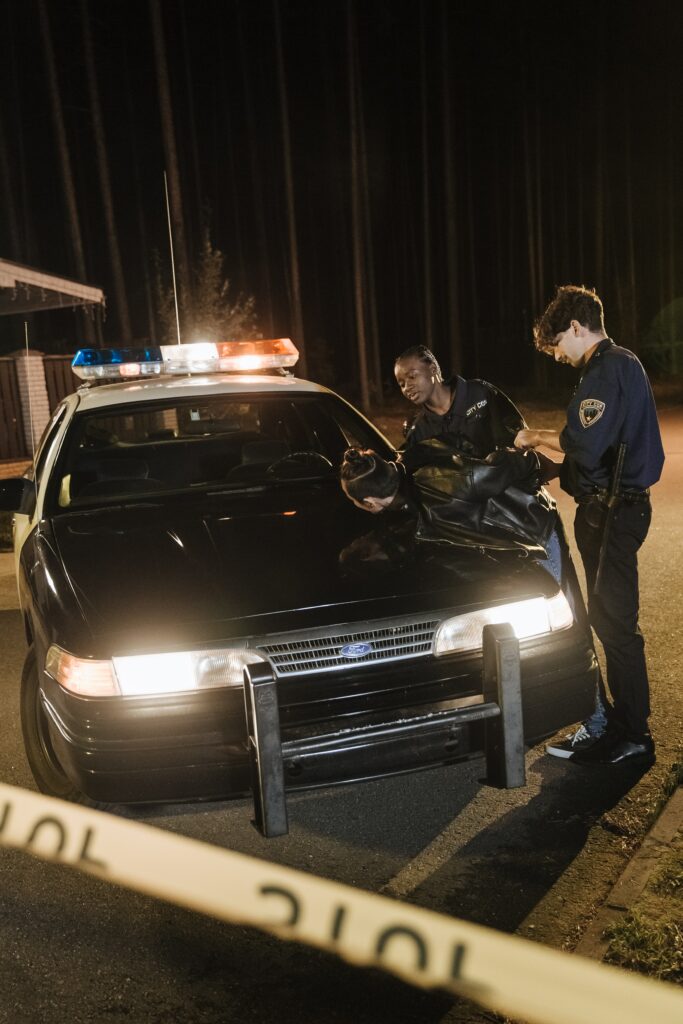
Rising BAC is a DUI defense that claims you weren’t intoxicated at the time of the accident, even if you were when the police gave you a chemical test. Your blood alcohol concentration (BAC) was still “increasing” since it takes time for alcohol to be absorbed into the body.
According to Vehicle Code 23152 (b), the legal limit for driving while intoxicated is 0.08% or above. Due to the body’s normal metabolism of ethanol, it is commonly believed that the blood alcohol content (BAC) tested some time after the arrest is equivalent to or even below the BAC of the motorist whilst driving. The BAC is still clearly above 0.08%, though. The “Rising BAC” argument refutes this notion.
The main argument for this defense is that although one’s blood alcohol content (BAC) may be 0.08% or somewhat more, the driver’s BAC while operating a motor vehicle was less than 0.08 and hence legal, indicating it did not violate Vehicle Code 23152. (b).
The work your liver does to break down alcohol takes significantly longer. You won’t feel the effects of alcohol until it is broken down by the liver after it has entered your blood. However, this takes far longer than becoming drunk—hours even. Because of this, you can consume alcohol in the evening, go to sleep, and wake up feeling only a little buzzed.
These two variables work together to cause you to continue drinking even after you stop drinking. Your liver hasn’t yet eliminated all of the alcohol from your earlier drinks, and the alcohol from your most recent few drinks is still entering your bloodstream.
This process could take even longer due to certain factors. For instance, your body absorbs alcohol much more slowly if you drink after a meal. This occurs because the small intestine is already so full that alcohol is not broken down or absorbed into the bloodstream as quickly. This happens to be one of the causes of rising BAC. In addition, factors like gender and overall body differences affect alcohol intake differently. We have more information about how alcohol affects men and women differently.
How are BAC tests done in California?
In California, law enforcement officials have the authority to ask you to take a variety of BAC tests. You might be required to do any of the following:
- Breath test
- Blood test
- Urine test
Urine tests are sometimes necessary, but breath and blood tests are more typical. Once you are arrested, you are legally compelled to do all BAC testing. If you are under 21 or on probation for a DUI, you may also be required to take a preliminary alcohol screening (PAS) test.
You should be aware that your driver’s license may be automatically suspended if you refuse a legally required BAC test. In California, if a driver is found guilty of a DUI, their jail time could be enhanced if they refuse to take a blood alcohol test.
How do we successfully defend a DUI with the “Rising BAC” defense?
Many DUI trials have had success with the rising BAC defense. However, certain conditions will determine the success of this defense, and they include:
- If your BAC at the time of testing was closer to the legal limit
Although the BAC does continue to rise after you stop drinking, there are limits. For instance, rising BAC is not relevant in your case if it was determined that you had a BAC of 0.17%, which is more than twice the legal limit. Even though your BAC may have been rising, you were still over the legal limit. When your BAC is between 0.08 and 0.11%, which is near the legal limit, a rising BAC defense is most effective.
- If there was a delay before testing
Unless the police held off on testing you for a while, your BAC level is unlikely to make much of a difference. For instance, there would be a significant delay if you were stopped, subjected to field sobriety tests, made to wait on the side of the road before being arrested, and were then confined in a cell for an hour before receiving a breathalyzer or blood test. Your BAC most likely increased during that time.
- If there are no aggravating factors
As we discussed in our “DUI sentencing enhancements” article, aggravating factors are those factors that make the initial charges more serious. For instance, driving under the influence with a child is considered an aggravating factor.
In addition, rising BAC is a less effective defense if there are obvious indicators that you were drunk, like swerving, having slurred speech, etc. This is so that, regardless of your actual BAC level, the prosecution can prove that you were drunk.
An effective rising BAC defense could mean the difference between freedom and a conviction. The best way to know if you have a chance with this defense in your case or what alternative defense tactics might be more beneficial is to speak with an experienced DUI attorney.
If you have questions about your DUI case, reach out to us at Criminal Defense Heroes P.C., by calling (323)529-3660 or by walking into any of our California offices.










